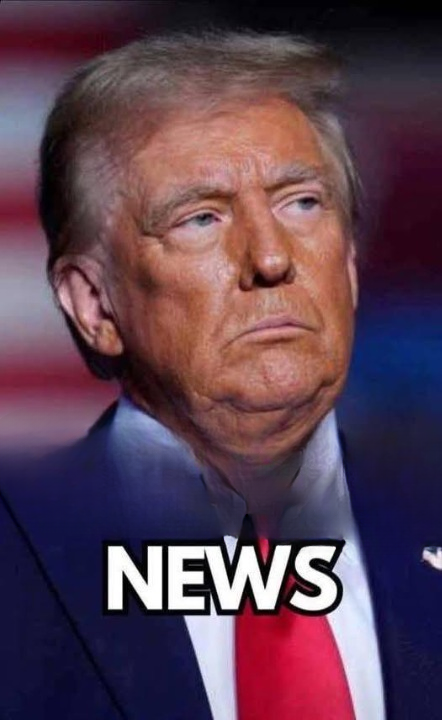President Donald Trump has signed a controversial new executive order aimed at reshaping how voter registration is handled in federal elections—a move that has already triggered nationwide debate and raised questions about the future of U.S. election procedures.
The order, titled “Preserving and Protecting the Integrity of American Elections,” was signed Tuesday afternoon and immediately captured the attention of lawmakers, election officials, and voting rights organizations across the country.
A High-Profile Step in a Series of Executive Actions
Since taking office in January, the 78-year-old Republican president has issued nearly 100 executive orders covering a wide range of topics. Some have drawn criticism, others praise, and many have sparked national conversation. Among these actions were initiatives such as proposing the renaming of the Gulf of Mexico to the “Gulf of America” and moving to dismantle the Department of Education.
However, the latest directive stands out as one of the most consequential, given its potential effect on voter participation and election infrastructure ahead of future elections.
What the New Order Requires
The executive order places a new requirement on individuals seeking to register for federal elections: proof of U.S. citizenship must now be provided at the time of registration.
Acceptable documentation listed in the order includes:
-
A valid U.S. passport
-
A REAL ID–compliant driver’s license or state identification card
-
A U.S. military ID
The administration argues that these measures are necessary to bolster election security and prevent what it describes as vulnerabilities in the current registration system. The order cites examples of identification procedures used in other countries, noting that nations such as India and Brazil employ advanced verification systems including biometric identification.
Supporters Say It Will Strengthen Election Security
Supporters of the order view the new requirements as an essential step toward improving confidence in voting systems. They argue that verifying citizenship at the time of registration will help ensure federal elections remain “free, fair, and honest.”
Backers also note that the directive does not change who is eligible to vote—it only changes the documentation required when registering.
Critics Warn of Potential Barriers
Opponents, however, have expressed concern that the new rules could create barriers for millions of eligible voters. Advocacy groups warn that individuals who lack easy access to documents like passports or REAL ID–compliant licenses may face challenges during registration.
Several organizations have indicated they are reviewing the order and considering possible legal responses, arguing that the regulations could disproportionately affect certain communities, including elderly voters, low-income residents, and those living in rural areas.
States Prepare for Implementation — and Possible Court Battles
Election officials in multiple states have begun evaluating what changes will be necessary to comply with the new federal requirements. Some states already enforce strict identification rules, while others may need to revise registration procedures, update online portals, or train staff on verifying citizenship documentation.
Legal experts expect the order to face scrutiny in federal courts, especially if states or civil rights groups challenge it on constitutional grounds.
A Policy That May Shape the Next Election Cycle
With national elections approaching, the new executive order has the potential to significantly influence voter registration efforts, election planning, and political messaging in the months ahead.
As policymakers, legal teams, and advocacy organizations prepare their responses, the American public now turns its attention to how this new requirement will be implemented—and how it will shape future participation in the nation’s democratic process.
